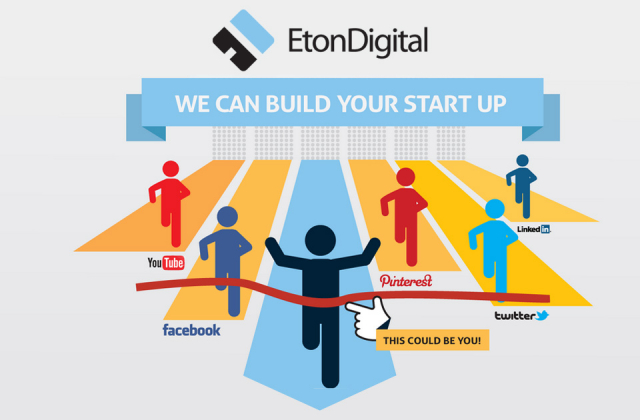Should business social networks be classified as social networks at all? Or should each of them be regarded as a separate entity?
I’ve recently been looking over the current stats for the way the global social networking pie is shared out right now (in terms of users – not other standards like monetization potential for example). Once again we see Facebook being the most popular social network around the globe, but many others were worthy of honourable mention – Myspace, Twitter, etc.
I can’t help but notice also that while these social networks have enjoyed (or endured) fairly significant changes in their positioning in the past couple of years – one remains always roughly fixed in its modest but steadily growing position – LinkedIn.

Yes the social network – that kind of isn’t – at least in the sense that maybe we should stop classifying it with the other sites, with whom it has many superficial similarities (looks kinda similar for a start) but one fundamental difference – in the way it is used (i.e. it is actually not a ‘social,’ social network at all really, but instead something people use for work/networking etc). Hence in our ‘lump-networks-together’ type thinking for purposes of ranking them, we are perhaps often missing out on a key aspect of the online networking market – that of the individuality of the business social network.
If instead we take LinkedIn as by far and away the largest of the business social networks – we can see how significantly smaller it is (more than a factor of 10 by most counts) than the biggest player in the social networking pond. Now it is not that the business social networking ‘pond’ (i.e. market) is proportionately smaller – but rather the fact that, as a market, it is fundamentally different from the one accessed (and dominated) by players such as Facebook.
Even more important is the fact that it has hardly been developed or accessed anywhere near to the extent that is possible – in essence, there is a pond right next to the increasingly crowded one occupied by the whales and sharks of FB, Twitter, etc – only this other pond is practically empty, with only the little goldfish of LinkedIn and a few tadpoles swimming around.
Ok, enough with the silly extended metaphors – it’s not exactly rocket science after all. Ultimately we know social networking tools can be massively useful for work purposes and we also know that many of us use social networks on a regular basis in our spare time for keeping in touch with friends etc.
While you are here, explore all the benefits of enterprise social networking.
Yet, and here’s the odd part, we hardly at all use any kind of business social network for work-related matters even though there are plenty of us out there of working age and with jobs (teens after all only make up roughly 10% on average of social network users).

Yes, there will always be the fundamental point that many businesses will prefer to own their own business social network, rather than use one where information cannot be adequately controlled or protected. But in light of this, I expect that the BSN pie will simply look a little different as it grows: not chopped into six or seven larger pieces like the usual SN graphics – but instead into many smaller networks.
Either way though it seems undeniable that next to the still-unsaturated, but certainly maturing, SN market, the potential of the BSN still has yet to be even fully imagined, let alone realised.



